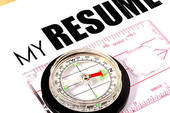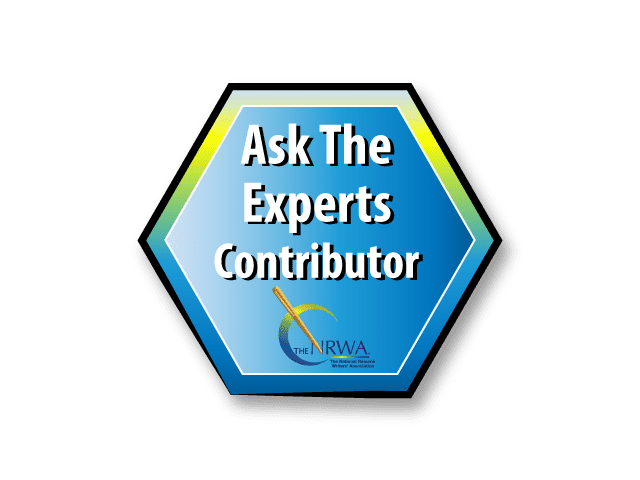Ghosting, Ghosting, and more Ghosting: The Why’s
In keeping with the Halloween season, let’s discuss the why’s behind so much ghosting, and a couple of tips to help you weather that storm. After all, when you know it is going to happen, and have some strategies to deal with it, you will be better able to move forward in your search. Some […]
Ghosting, Ghosting, and more Ghosting: The Why’s Read More »








